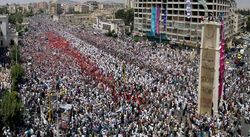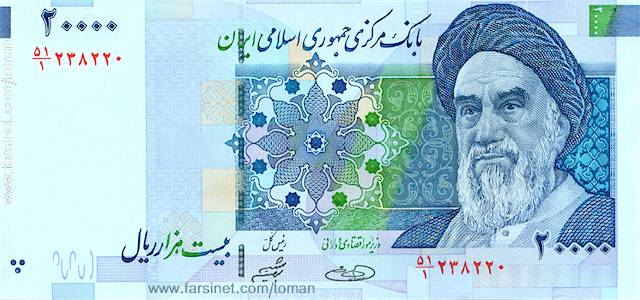Iran Interview: Middle Class Suffers, But Regime Will Take "Fair Package Deal" on Nuclear Program --- Iranian Analyst
 The middle class feels it more than other sectors. The poor remain poor, and as always, rich people are less affected. It is the middle class --- the sector which protested the most for change in Iran following the 2009 elections, and the people who have the potential to change --- who have been hit the hardest, because they are becoming poor, and their influence diminishes. It follows that the sanctions decrease the likelihood of political change in Iran. People are increasingly dependent on the government, and the likelihood of an uprising while risking their source of income, will be lower.
The middle class feels it more than other sectors. The poor remain poor, and as always, rich people are less affected. It is the middle class --- the sector which protested the most for change in Iran following the 2009 elections, and the people who have the potential to change --- who have been hit the hardest, because they are becoming poor, and their influence diminishes. It follows that the sanctions decrease the likelihood of political change in Iran. People are increasingly dependent on the government, and the likelihood of an uprising while risking their source of income, will be lower.

 Sunday, September 16, 2012 at 7:18
Sunday, September 16, 2012 at 7:18






